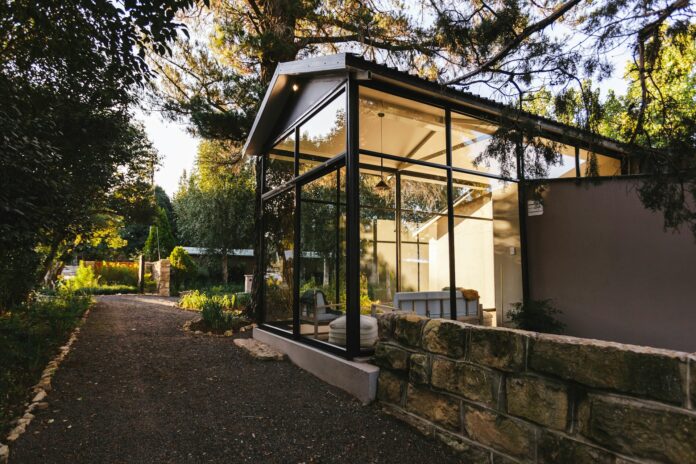And the IDEAL ways to make them more energy efficient…
It’s an all too familiar feeling that sends a shiver down the spine and a cold sweat across the brow; opening an energy bill to see a figure with more zeros than a bowling league on a bad night.
Perhaps that’s a bit of an exaggeration, but ever rising energy bills are certainly not something to be sniffed at.
If you’re wondering why your energy bill is so high and you’re keen to scrutinise your bills a little more closely, then this one’s for you; here are 7 electricity sucking home appliances and the IDEAL ways to make them more energy efficient.
TV
Here’s a shocking stat; according to the BBC, nearly a third of the average Brit’s waking hours is spent watching TV or streaming. It should be noted that the amount of electricity your TV uses is hugely dependent on the type of TV and the model, but generally speaking, plasma TVs use far more electricity than an LCD screen.
To ensure your TV is as energy efficient as possible, consider dialling down the brightness, and always switch it off at the plug after use; leaving the thing on standby can still drain electricity.
In fact, this is true for all your so-called ”vampire” devices – appliances which suck electricity even when it seems like they’re turned off. Many modern TVs also have an eco (or ‘energy saving’) mode, which you can have engaged while you watch. If you really care about reducing your energy bills, always have this mode on.

Fridge & Freezer
Your fridge and freezer are on all day long, guzzling energy to keep your bacon at a safe 1-5°C. Depending on the model, it’s likely your cold appliances are the most electricity draining in the house. According to the Centre for Sustainable Energy, a combined fridge/freezer costs 6 pence an hour to run, and considering you’re doing so 24/7, that number really adds up.
There are things you can do to minimise wasting energy here. Avoid overloading it, as a fridge needs air circulation to work properly. You can also prevent overworking your fridge by ensuring food has cooled completely before it gets put inside.
Reduce the amount of time you open the doors each time you’re peering in, and when you go to bed, make sure that both the fridge and the freezer are shut tight, too. From time to time, check that the door seals are airtight so your fridge and freezer aren’t letting cold air escape. Finally, keep your fridge out of direct sunlight and away from any heat source. Positioning your fridge directly next to your hob, for instance, is a mistake.
If you’re buying a new fridge or freezer, make sure it’s energy efficient. Any new models will come with a label attached, ranging from B to A+++. Prioritise the latter.
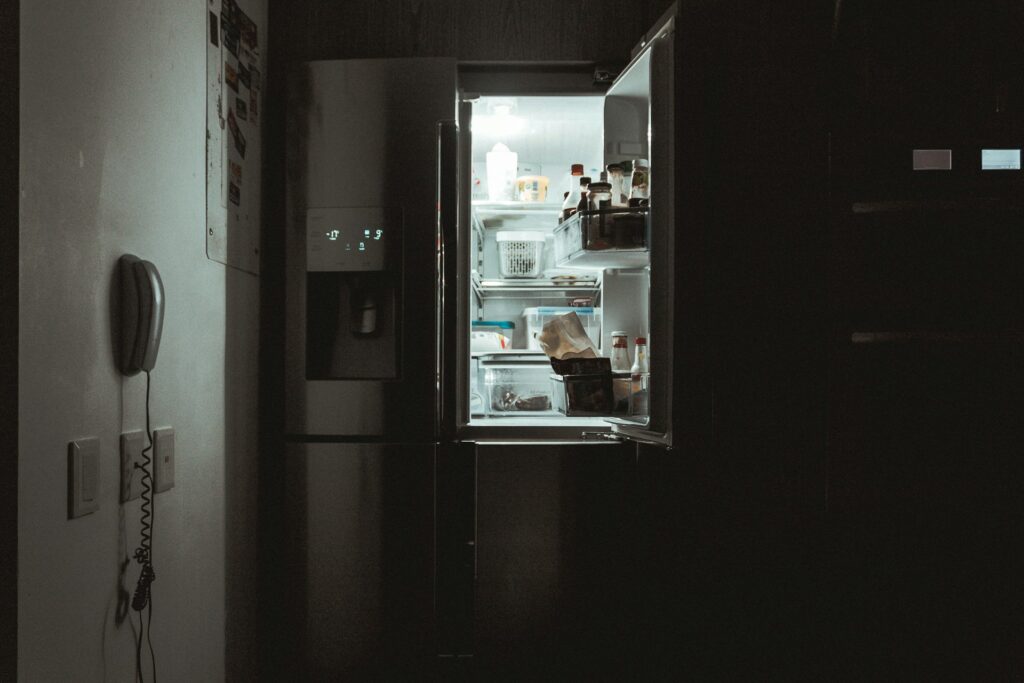
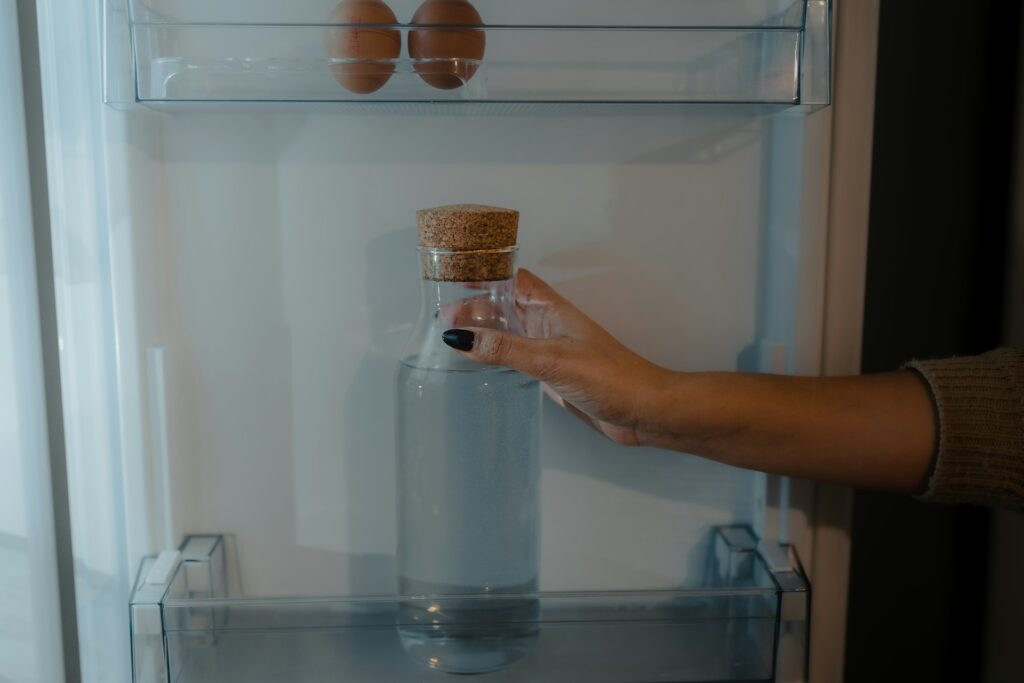
Tumble Dryer
The average UK household uses their tumble dryer 150 times a year, with more than half of all homes owning one. That’s a lot of energy being used.
To minimise your appliance’s energy usage, spin dry your clothes prior to giving them the tumble dryer treatment, preferably on a high speed (make sure nothing delicate is in there, unless you want to shrink your clothes a couple of sizes smaller). You can give your clothes a shake dry before tumble drying if you’re keen to be extra scrupulous.
Also try not to overload the machine, or better still, stop using it altogether. Instead, use drying racks or a washing line. Not only is this kinder for the environment and your bills, but it’s better for your clothes’ longevity, too.
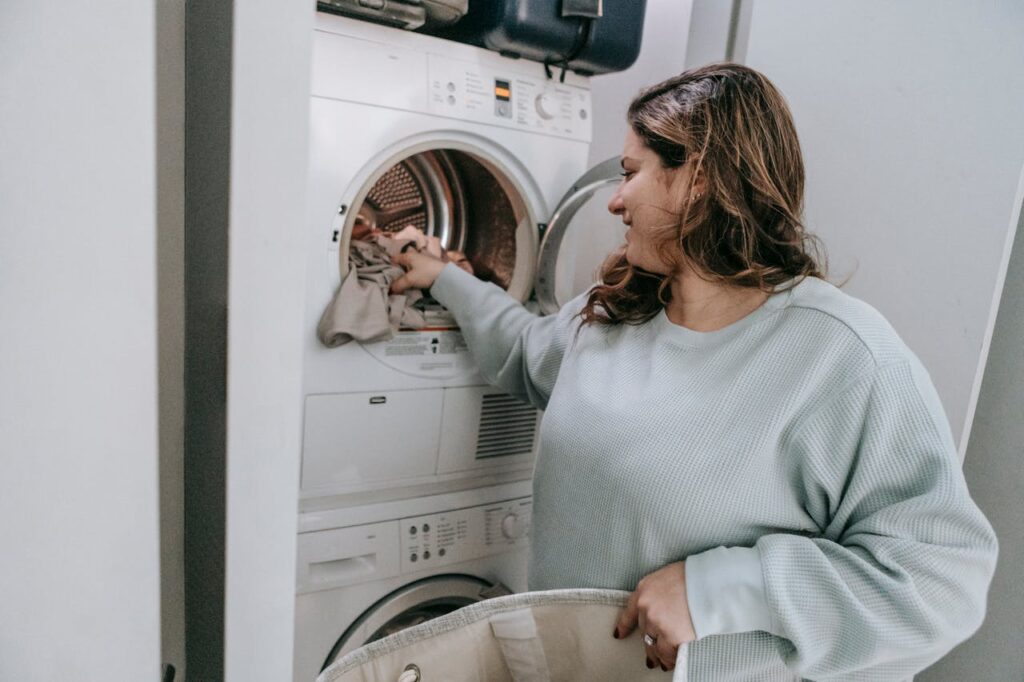
Electric Hob
Electric hobs cost twice the amount of gas to run, but there are several things you can do to make your cooking on the stovetop more energy efficient. Generally speaking, the microwave uses the least amount of electricity in the kitchen; ask yourself if you really need to warm through your spag bol on the stove when your microwave is sitting right there.
You can also use the kettle to boil water rather than suffering a low, slow, gradual boil on the hob. If you are bringing stuff to the boil on the stove top, always use a lid to speed up the process. And bear in mind that slow cookers are also an extremely energy efficient cooking appliance, needing a similar amount of juice as a light bulb to run. Finally, if you regularly cook food from frozen, give your frozen food the previous night in the fridge to defrost so you use less energy heating it up. Every little helps!
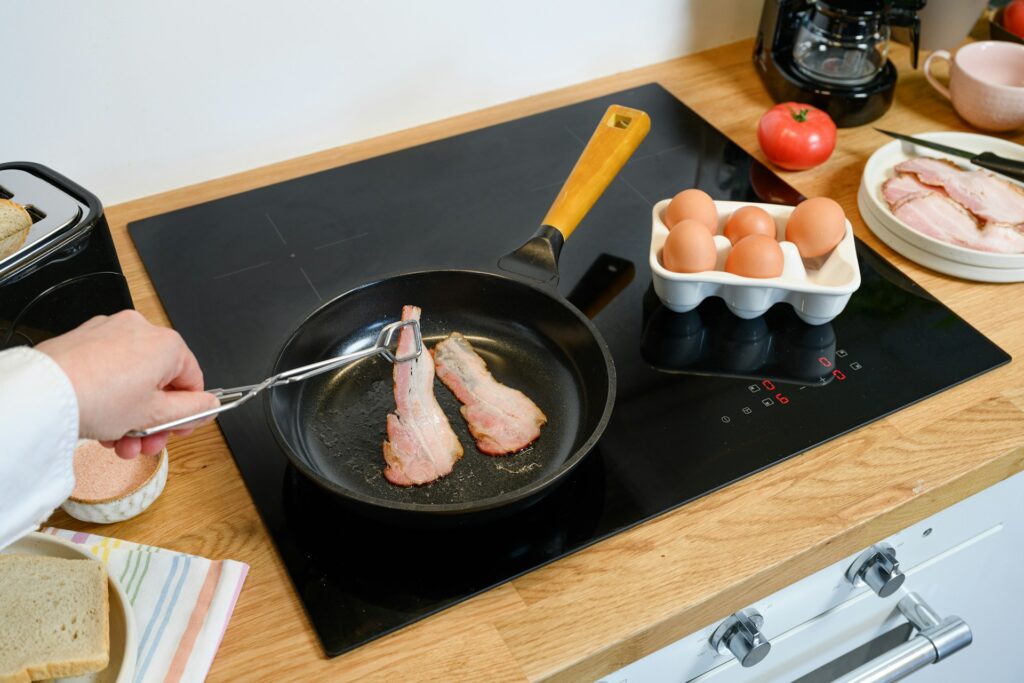
Dishwasher
How we love our dishwasher; it takes a massive load off, make no mistake, and renders the whole chore of washing up a doddle. That said, it’s also one of the more energy guzzling appliances in the house; a 2023 report in the Metro suggested that your dishwasher could cost you upwards of £277 a year to run, if you use it annually.
To ensure your dishwasher isn’t overdoing its energy use, don’t run it until it’s completely full (though not overfilled). Too many of us give our dishwashers a spin when they’re only half full for convenience’s sake; avoid this. You can also run your dishwasher on eco mode (essentially a longer cycle on a lower temperature), should you have this option.
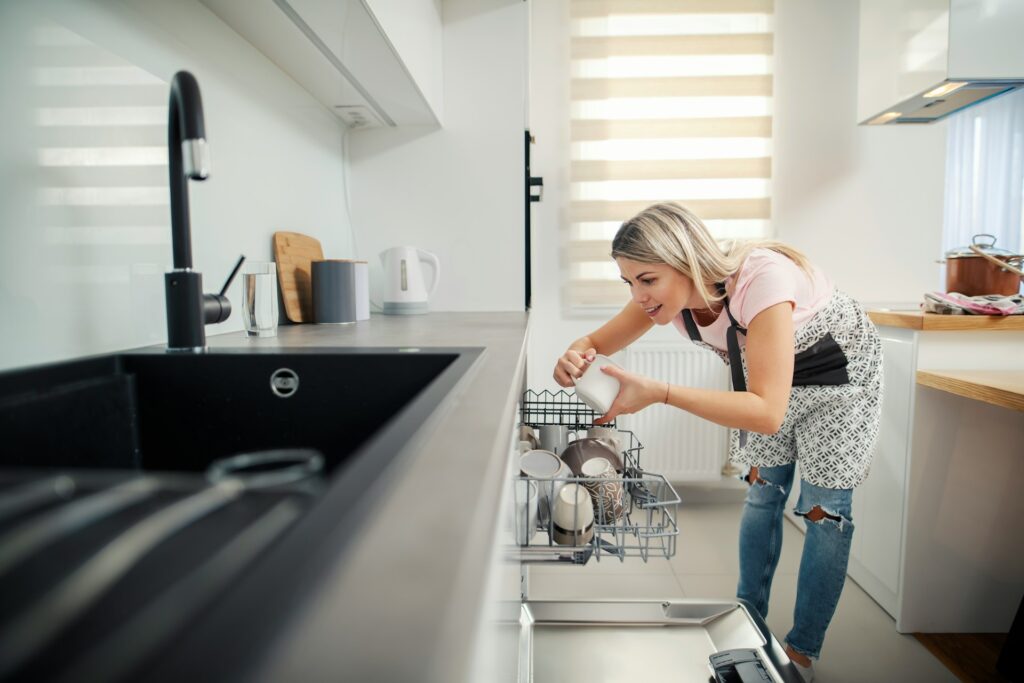
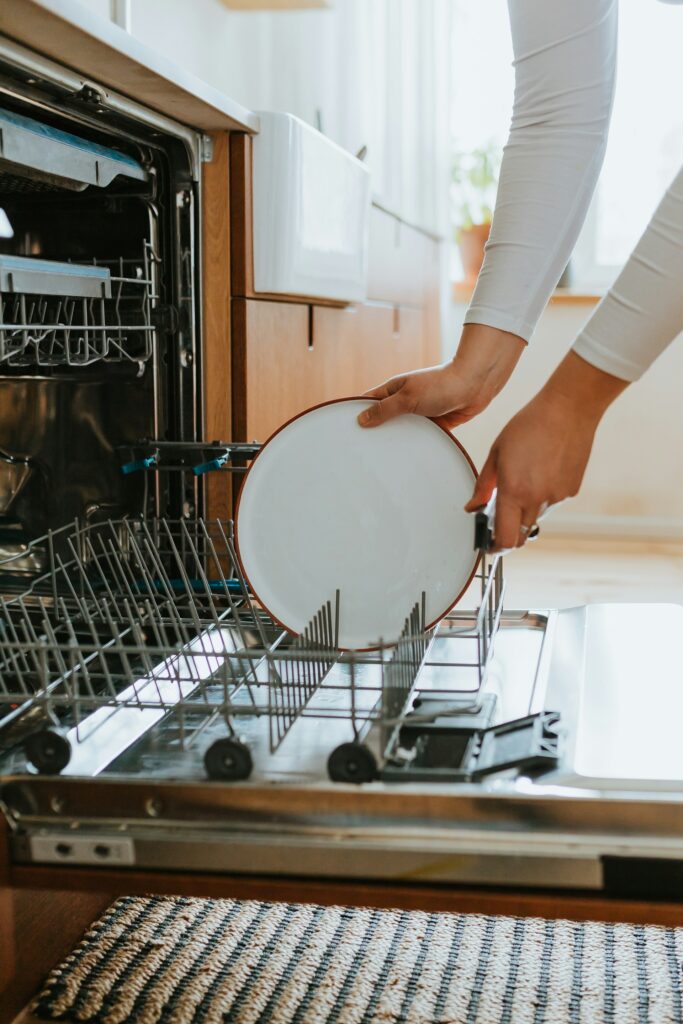
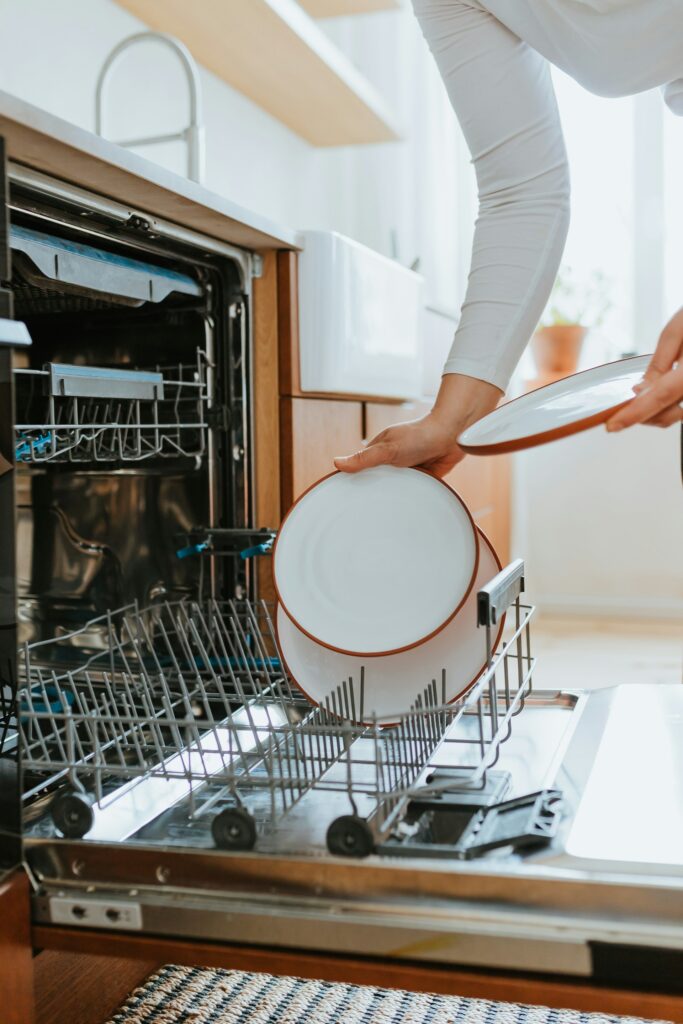
Washing Machine
The washing machine is a staple in most households, but it can also be a significant energy consumer. One of the simplest ways to make your washing machine more energy efficient is to wash your clothes in cold water. Most of the energy used by a washing machine goes into heating the water, so by opting for cold washes, you can save a substantial amount of energy. Modern detergents are designed to work effectively in cold water, ensuring your clothes still come out clean.
Running your washing machine with full loads maximizes the energy used per item of clothing. Avoid running half loads unless your machine has a specific setting for smaller loads. Additionally, using high-efficiency (HE) detergents can help. These detergents produce fewer suds, meaning your washing machine doesn’t have to work as hard to rinse out the soap, saving both water and energy.
Another tip is to use the highest spin setting to remove as much water as possible before drying. This reduces the drying time, whether you use a tumble dryer or air dry your clothes. If you’re in the market for a new washing machine, look for models with high energy efficiency ratings. These machines use less water and energy per cycle, making them a smart investment for long-term savings.
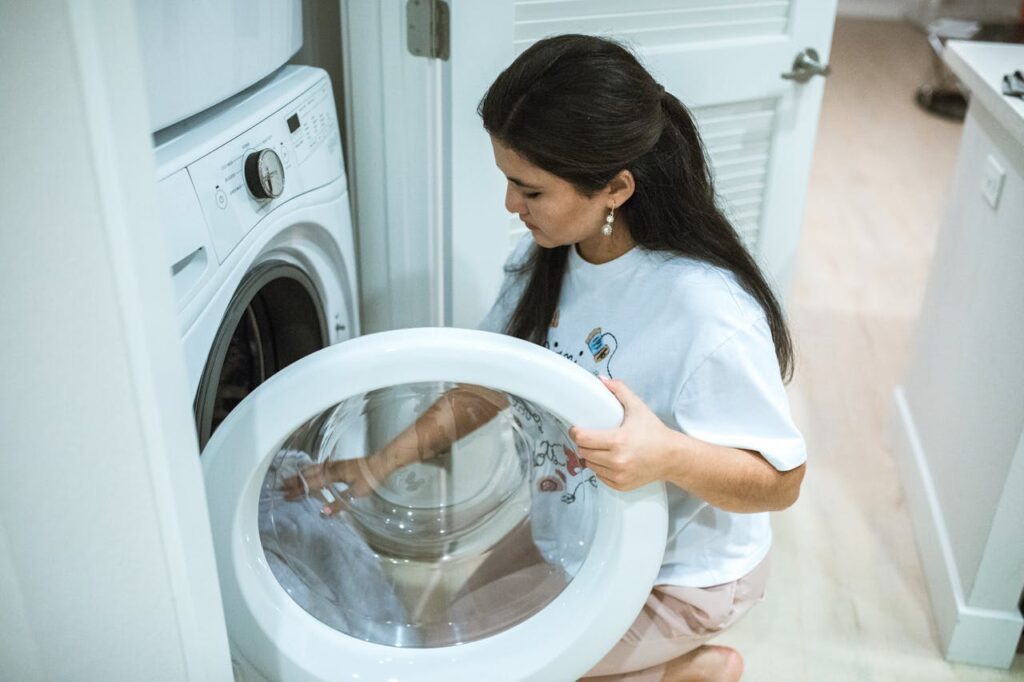
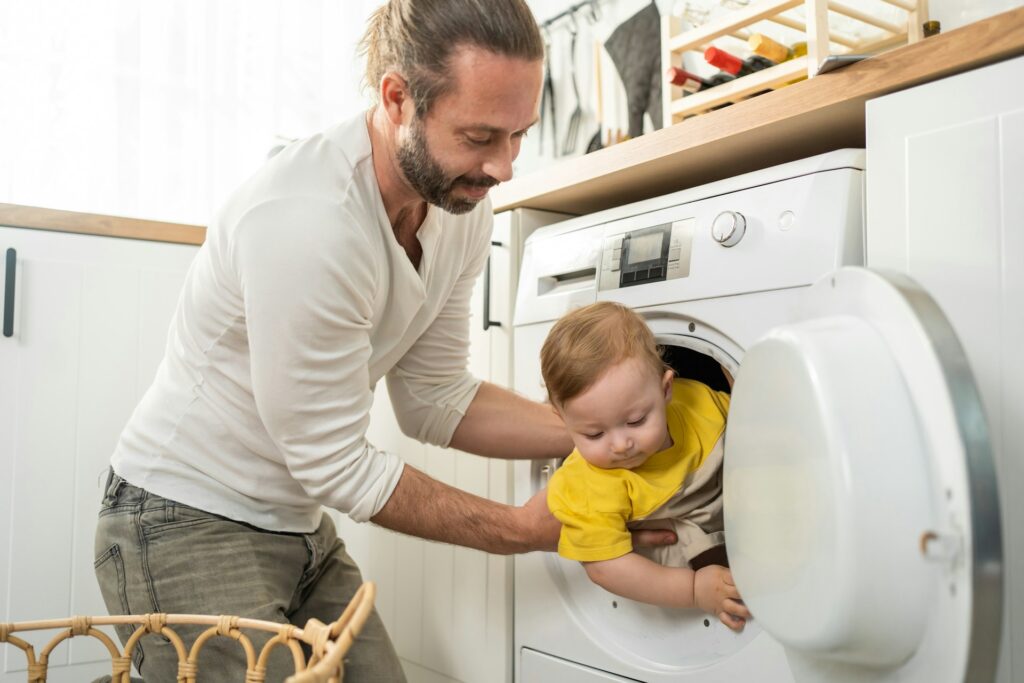
Electric Oven
Electric ovens are another major energy consumer, especially if you bake or roast frequently. To make your electric oven more energy efficient, consider preheating only when necessary. Many dishes do not require preheating, and minimising preheating time can save energy. When you do use the oven, try to cook multiple dishes at the same time. This maximises the use of the oven’s heat and reduces the need for multiple cooking sessions.
If your oven has a convection setting, use it. Convection ovens circulate hot air more efficiently, cooking food faster and at lower temperatures, which saves energy. It’s also important to keep the oven door closed as much as possible. Every time you open the door, the temperature drops by about 25 degrees, causing the oven to use more energy to get back to the set temperature. Use the oven light to check on your food instead.
Lastly, if your oven has a self-cleaning feature, use it sparingly. The self-cleaning cycle uses a lot of energy, so it’s best to clean spills and splatters as they happen to avoid the need for frequent deep cleans. By implementing these tips, you can make your washing machine and electric oven more energy efficient, helping to reduce your overall energy consumption and lower your bills.
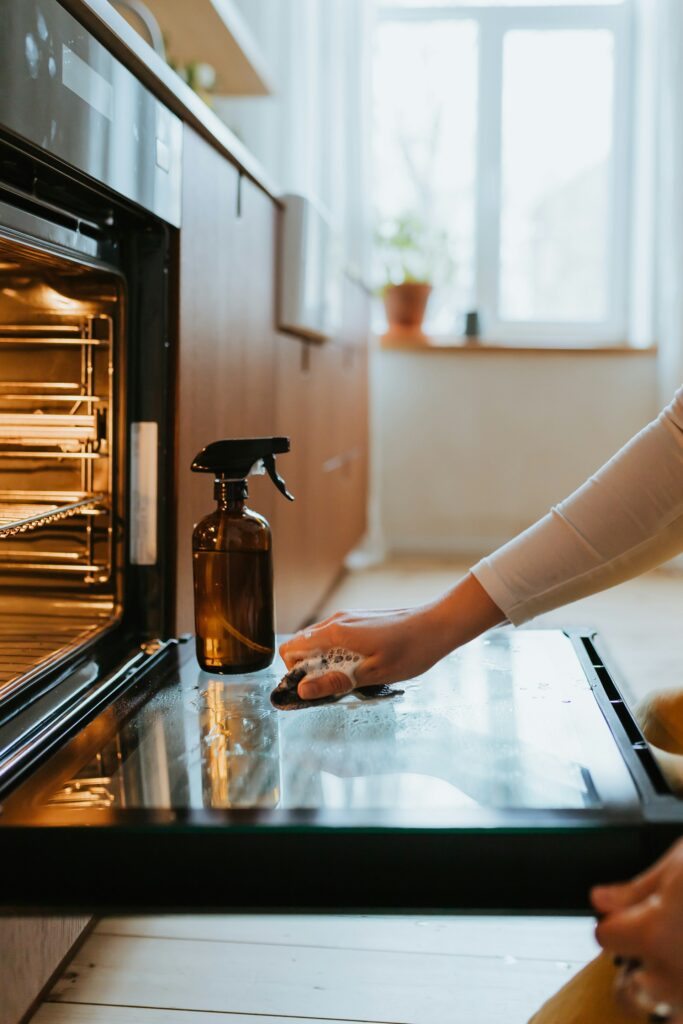
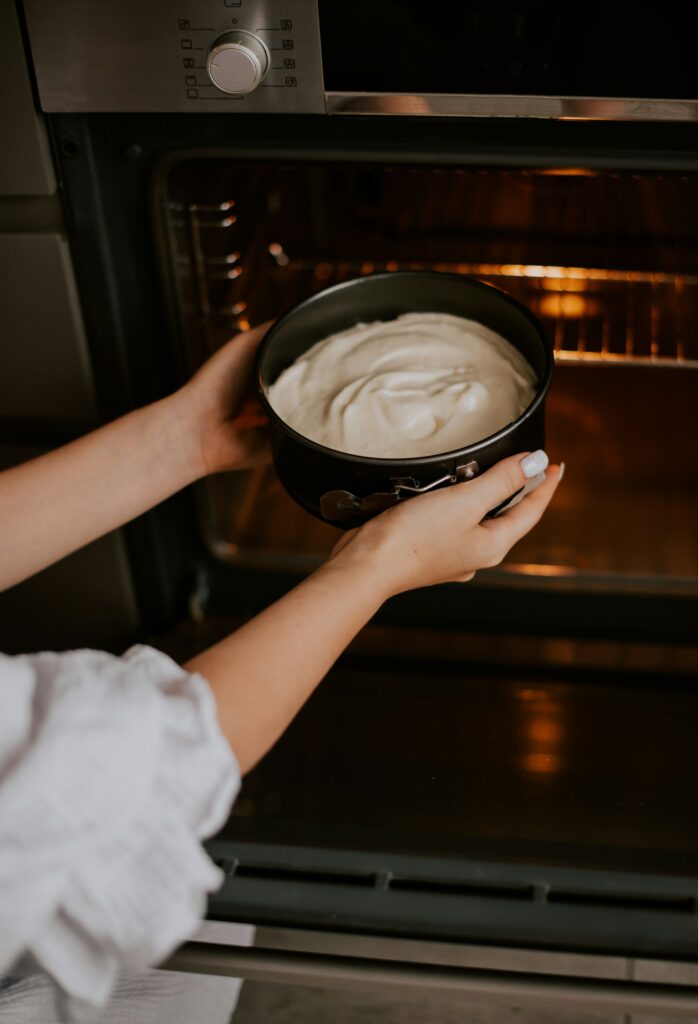
Always Remember To Compare Rates
One final point. It’s essential that you regularly compare energy rates to ensure you’re getting the best deal possible. Energy prices can vary significantly between suppliers, and staying with the same provider for years without checking the competition can mean you’re missing out on potential savings. By comparing rates, you can save money, find better customer service, access green energy options, and benefit from special offers.
Use comparison platforms for cheap electricity rates to input your details and get a list of available tariffs, checking the terms and conditions, including any exit fees, contract length, and whether the rates are fixed or variable. Make sure the tariff aligns with your typical energy consumption and consider bundled services for additional savings. Set a reminder to review your energy rates at least once a year to ensure you’re still on the best deal.
If you’ve still got your bills on your mind and your mind on your bills, then check out these 5 IDEAL tips for making your home more energy efficient.



